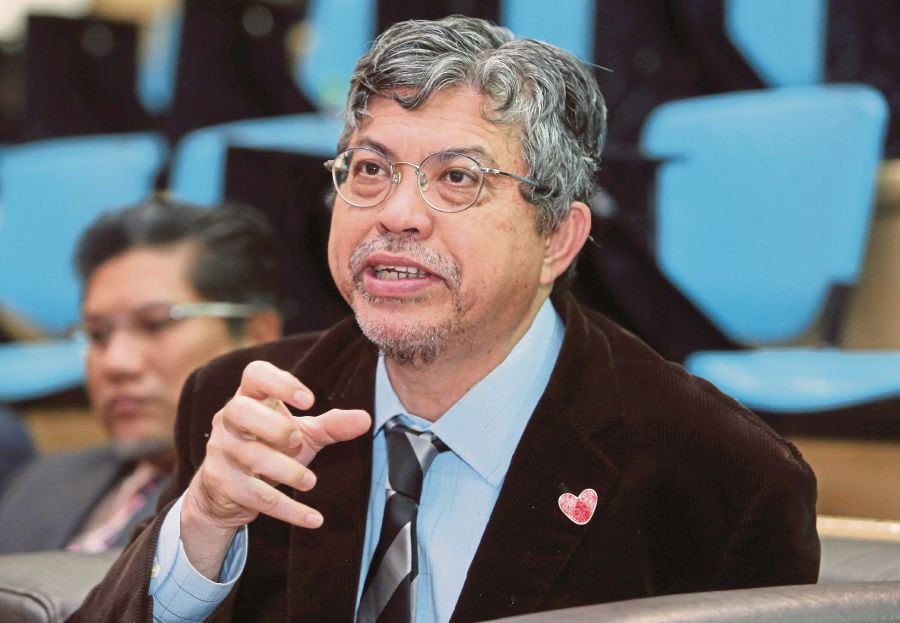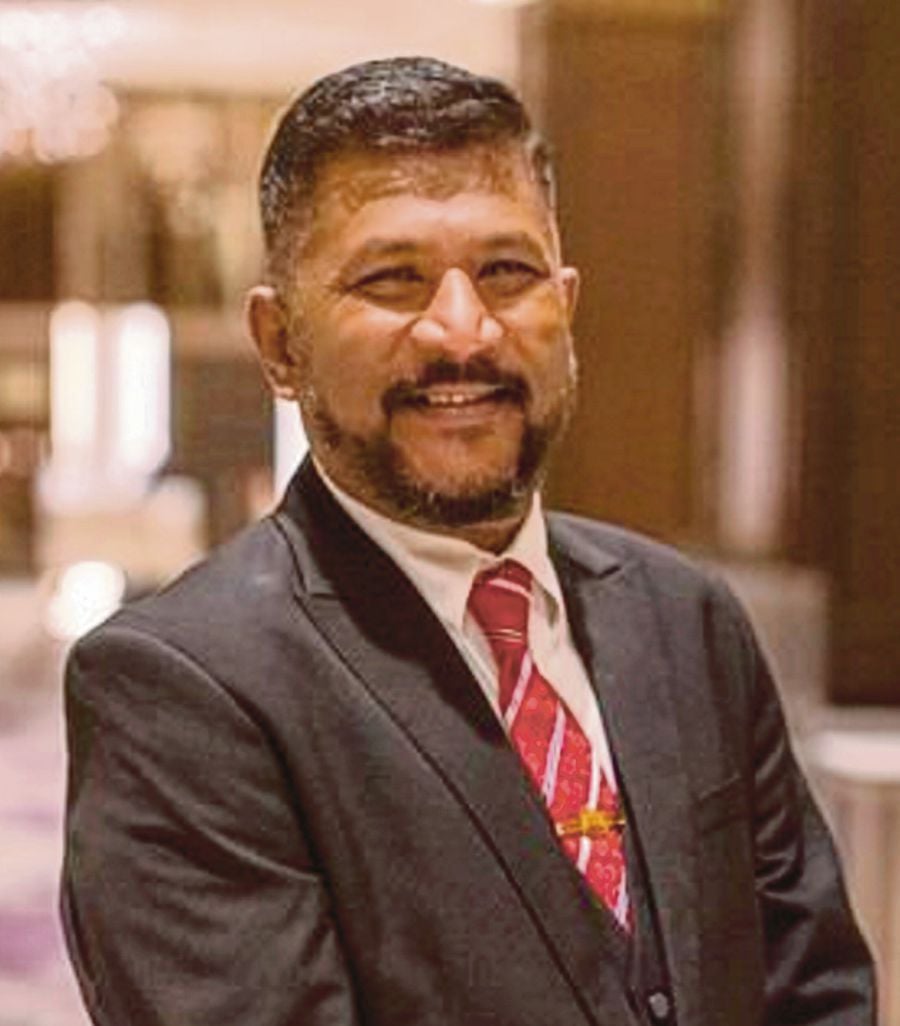Malaysia provides one of the best healthcare services in Southeast Asia, so much so that the nation's medical tourism has grown rapidly, raking in close to RM1.7 billion in 2019.
The Covid-19 pandemic, however, had exposed the weaknesses in the country's public healthcare system, including an investment that did not commensurate with the burden it bore.
Caretaker Health Minister Khairy Jamaluddin had called on the government to consider increasing public health allocation to five per cent of the country's gross domestic product (GDP).
Malaysia, as a middle-income nation, was allocating 2.59 per cent up to August, which was far lower than the World Health Organisation's recommendation of at least five per cent of a developing nation's GDP.
Thus, improving public health has become one of the key pledges of political parties in their 15th General Election (GE15) manifestos.
Barisan Nasional (BN), Pakatan Harapan (PH) and Perikatan National (PN) have all pledged to increase public health expenditure to five per cent.
BN is seeking to double the annual public healthcare allocation from RM36 billion to RM77 billion by 2027. PH also aims to increase the expenditure in five years, and PN will do so "in stages".
BN has pledged to construct more specialist hospitals to treat infectious diseases and mental health; increase specialist and subspecialist training opportunities in private hospitals; set up a specialist hospital for women; establish a national subsidy scheme for breast and cervical cancer screening; and, enact an act for elderly care.
PH aims to decriminalise attempted suicide and increase mental health protection through insurance schemes. It also wants to address non-communicable diseases (NCD) and discourage smoking, besides setting up a health commission to monitor the implementation of the National Health Reform Plan.
PN, meanwhile, seeks to expand access to mental health assistance at public health facilities; increase the number of specialists; upgrade district hospitals; expand preventive healthcare, including for NCDs; and, create a holistic system that considers senior citizens.
Experts told the New Sunday Times that the government should increase the country's investment in healthcare.
Prominent neurosurgeon Professor Datuk Dr Ahmad Zubaidi Abdul Latif of Universiti Sultan Zainal Abidin described BN's Pelancaran Pelan Amal dan Usaha (Padu) manifesto on healthcare as "surprisingly and fairly realistic".

Dr Zubaidi also called for improved public-private partnerships to maximise the reach of healthcare delivery, as well as greater investment to provide elder care and tackling NCDs.
It is estimated that one in five adult Malaysians is living with diabetes, one in three is living with hypertension, and nearly half are overweight or obese.
A recent report revealed that hospitalisations, medical tests, medications and primary care of NCDs incurred an annual cost RM9.65 billion on taxpayers.
"In the long run, other measures indicated in BN's manifesto, such as constructing more specialist hospitals for specific disciplines, and increasing specialist and subspecialist training opportunities are multi-pronged efforts to ensure quality medical care to fellow Malaysians," Dr Zubaidi said.
Public health expert Datuk Dr Zainal Ariffin Omar called for a review and reform of the National Health System.
In order to make the healthcare system resilient, Dr Zainal said the government should look into three critical areas: sustainable financing mechanism; quality service (in terms of human resources, facilities, technology and health crisis preparedness); and improved accessibility to basic healthcare.
Dr Zainal also urged the government to separate the public healthcare management from the Public Service Department so that it could focus on the welfare of healthcare personnel in terms of training, enumeration, career advancement and distribution.
He added that resources should be provided to under-served areas.
Malaysian Medical Association president Dr Muruga Raj Rajathurai said what was important was working with stakeholders towards implementing sustainable healthcare policies with a clear timeline.

"The momentum for health reform should be maintained even after GE15, regardless of who forms the government.
"There must be accountability and transparency. The political coalition voted into office must deliver on all promises made to the people, or manifestos will mean nothing in future.
"The landscape is also changing. People want to see noticeable improvements in the healthcare system and in the services it provides," he said.























